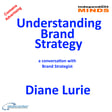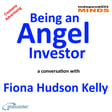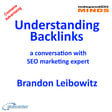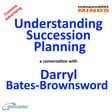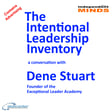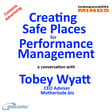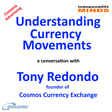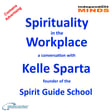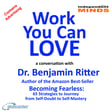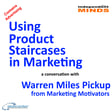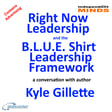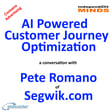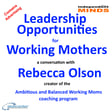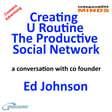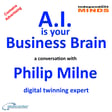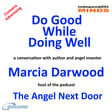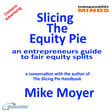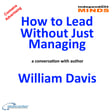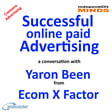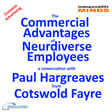
Relationship First Selling – a conversation with David Eriksson
David Eriksson is the founder of Eriscale a provider of relationship first outbound sales strategies.
As the founder of Eriscale, David Eriksson helps B2B service providers to increase their rate of growth by adopting a relationship first approach to sales.
In this episode of the Abeceder podcast The Independent Minds, David explains to host Michael Millward the four stages of the Relationship First approach to selling.
David and Michael discuss the advantages and disadvantages of the approach and explore what makes a business ready to adopt Relationship First Selling.
You have probably heard the expression, people buy people, because they want a relationship with the people who represent the companies, they do business with.
You will leave this episode knowing that Relationship First selling is the way to enable people to buy from you, instead of you selling to them.
Find out more about both Michael Millward, and David Eriksson at Abeceder.co.uk
The Independent Minds is made on Zencastr, because as the all-in-one podcasting platform, on which you can create your podcast in one place and then distribute it to the major platforms, Zencastr really does make creating content so easy.
If you would like to try podcasting using Zencastr visit zencastr.com/pricing and use our offer code ABECEDER.
Travel
When this episode of The Independent Minds was recorded, David and his family lived in Switzerland. David now lives in Dubai UAE. With discounted membership of the Ultimate Travel Club, you can travel to Switzerland, Dubai or anywhere else at trade prices on flights, hotels, trains, and so many more travel related purchases.
Fit For Work Look after your health and you will be fit for work.
It is always a good idea to know the risks early so that you can take appropriate actions to maintain good health, that is why we recommend The Annual Health Test from York Test.
York Test provides 39 health marker Annual Health Test conducted by an experienced phlebotomist Hospital standard tests covering 39 different health markers are carried out in a UKAS-accredited and CQC-compliant laboratory.
A Personal Wellness Hub gives access your easy-to-understand results and guidance to help you make effective lifestyle changes anytime via your secure, personal Wellness Hub account.
Visit York Test and use this discount code MIND25.
Three the network Visit Three for information about business and personal telecom solutions from Three, and the special offers available when you quote my referral code WPFNUQHU.
Being a Guest
We recommend that potential guests take one of the podcasting guest training programmes available from Work Place Learning Centre.
We use Matchmaker.fm to connect with potential guests If you are a podcaster looking for interesting guests or if you have something interesting to say Matchmaker.fm is where matches of great hosts and great guests are made. Use our offer code MILW10 for a discount on membership.
We appreciate every like, downloader, and subscriber.
Thank you for listening.
